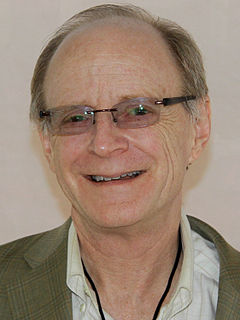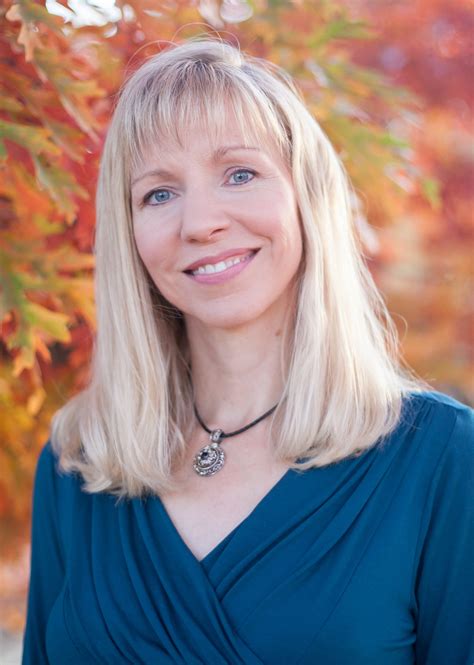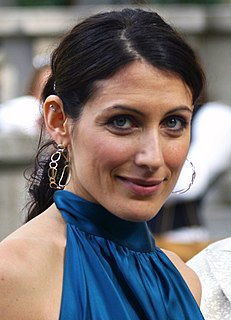A Quote by James W. Pennebaker
As the number of studies increased, it became clear that writing was a far more powerful tool for healing than anyone had ever imagined.
Related Quotes
I felt like I was some kind of primitive spring-loaded machine, placed under far more tension than it had ever been built to sustain, about to blast apart at great danger to anyone standing nearby. I imagined my body parts flying off my torso in order to escape the volcanic core of unhappiness that had become: me.
Acting became important. It became an art that belonged to the actor, not to the director or producer, or the man whose money had bought the studio. It was an art that transformed you into somebody else, that increased your life and mind. I had always loved acting and tried hard to learn it. But with Michael Chekhov, acting became more than a profession to me. It became a sort of religion.
Parenting forces us to get to know ourselves better than we ever might have imagined we could--and in many new ways. . . . We'll discover talents we never dreamed we had and fervently wish for others at moments we feel we desperately need them. As time goes on, we'll probably discover that we have more to give and can give more than we ever imagined. But we'll also find that there are limits to our giving, and that may be hard for us to accept.
He insists on a version of you that is funnier, stranger, more eccentric and prfound thatn you suspect yourself to be--capable of doing more good and more harm in the world than you've ever imagined--it is all but impossible not to believe, at least in his presence and a while after you've left him, that he alone sees through your essence, weighs your true qualities . . . and appreciates you more fully than anyone else ever has.
I didn't abandon my studies. Because I was, through no - clarify this. Through no particular genius of my own, I was the first person from Libertyville Public High School to attend Harvard, not because I was smarter than anyone or better than anyone, but no one had ever applied before. It was like University of Illinois, a fine institution, was the sort of the upper echelon of places where kids went from that school. And so I felt sort of a duty to myself and my peers to continue with those studies, and to continue to, intellectually arm myself for my coming struggles.
The members of the department became like the Athenians who, according to the Apostle Paul, "spent their time in nothing else, but either to tell or to hear some new thing." Anyone who thought he had a bright idea rushed out to try it out on a colleague. Groups of two or more could be seen every day in offices, before blackboards or even in corridors, arguing vehemently about these 'brain storms.' It is doubtful whether any paper ever emerged for publication that had not run the gauntlet of such criticism. The whole department thus became far greater than the sum of its individual members.
My writing became more and more minimalist. In the end, I couldn't write at all. For seven or eight years, I hardly wrote. But then I had a revelation. What if I did the opposite? What if, when a sentence or a scene was bad, I expanded it, and poured in more and more? After I started to do that, I became free in my writing.
And I felt more like me than I ever had, as if the years I'd lived so far had formed layers of skin and muscle over myself that others saw as me when the real one had been underneath all along, and I knew writing- even writing badly- had peeled away those layers, and I knew then that if I wanted to stay awake and alive, if I wanted to stay me, I would have to keep writing.






































